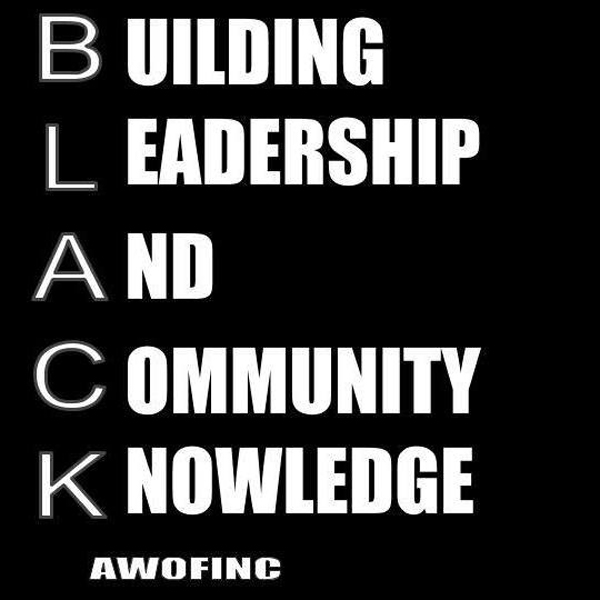BLACK MEN helps community members understand institutional racism

The BLACK MEN’s group is an initiative of A Work of Faith Ministries, Inc. BLACK stands for Building Leadership and Community Knowledge.
January 26, 2020
Before city-implemented reparations can achieve meaningful structural change, the black community in Evanston needs to understand its own trauma, said Baxter Swilley, a member of the BLACK MEN’s group.
The BLACK MEN’s group stands for “Building Leadership and Community Knowledge, Mentoring, Empowering and Neighborhoods,” and is an initiative of A Work of Faith Ministries, Inc. The group, founded by Art of Evolution Theatre Company executive director William Eason, gathers African American city residents of all backgrounds for a series of conversations that address institutional racism in areas that include housing, education, employment and finances. Meetings focus on self-agency and rebuilding in the face of oppressive rules and policies.
“(The series) is a platform for a myriad of other conversations that need to be had,” Swilley said.
City Council passed a resolution last November to support a $10 million reparations fund to support African American residents.
Chairman and founder of A Work of Faith Kenneth Wesbrooks said the discussions center less on how officials should allocate reparations money and more on the reasons why reparations are necessary.
He said some individuals are not sure what to ask for in regards to reparations, because they don’t always know how to articulate the ways in which institutional racism has affected them.
“There’s a lot of healing that needs to take place,” Wesbrooks said. “People are hurt, people are confused, people are angry.”
Wesbrooks said racial inequity issues have decreased faith in local government, fostering a sense of mistrust that reform in the political system is possible.
The BLACK MEN’s group meetings — held in Jennifer’s Edibles at 1623 Simpson St. —take the temperature of the community as reparations initiatives move forward, Wesbrooks said. He said the group engages community members with a grassroots approach to reform, instead of operating from the top down.
“There are still a few of us that believe that we can still use the system to make change and create change,” Wesbrooks said. “But you have to get the voice of the people in order to do that.”
All genders and ages are welcome to participate in the trauma discussion series. AWOFINC also supports BLACK WOMEN’s and BLACK YOUTH groups.
Meleika Gardner, a member of the E-Town Sister Circle and owner of Evanston Live TV, said education and youth involvement are crucial components of the BLACK initiative.
As a result, in the spring, Evanston Live TV and the BLACK MEN’s group will open the Black Excellence youth program to empower black students with learning events to close the opportunity gap. The program is a year-long vision of Gardner’s.
“We want them to have a sense of worth and value, and they can only get that from their own community,” Gardner said.
Wesbrooks said the adage “it takes a village” to raise a child rings true for the BLACK MEN group. He said community members need to engage in holistically supporting student leadership development so the youth can grow up to pass down success, education and history.
He said the group plans to reach out to partners in other communities later in the process, but the group tailored the ongoing series of conversations specifically for the black community. In making this choice, he said BLACK MEN’s group does not seek to exclude anyone — rather, they seek to completely include black community members.
“We don’t want to see factions,” Wesbrooks said. “We want everybody at the table, and we open a door for every black man in the city to be a part and to be heard.”
Email: [email protected]
Twitter: @maia_spoto

